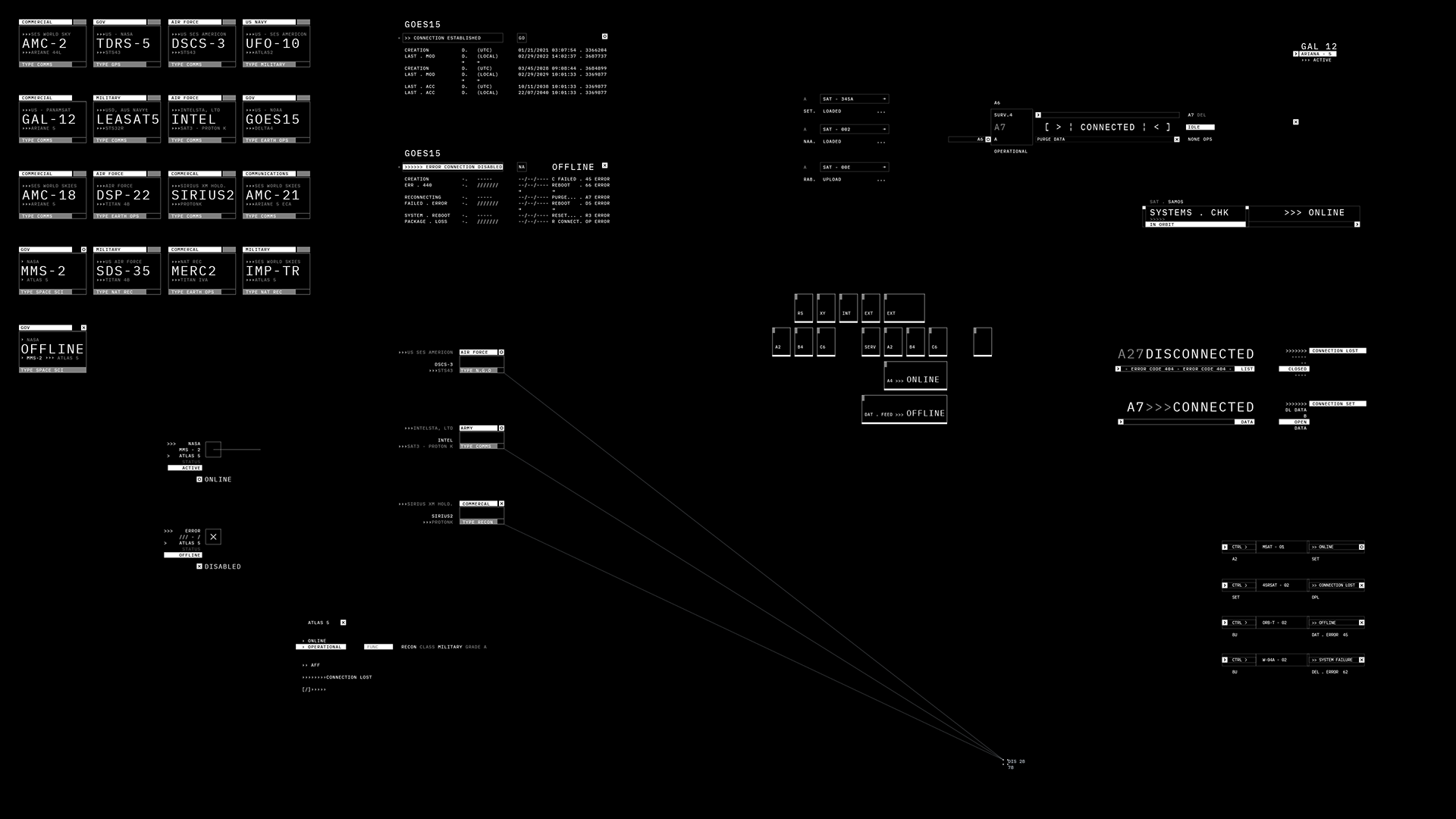Contributor Submission Guidelines
Atlas News accepts select one-off submissions from professionals and researchers with expertise in conflict, geopolitics, defense, security, and strategy. Our contributors include open-source researchers, regional specialists, military analysts, academics, and journalists who want to publish focused, fact-based analysis through Atlas.
If you can produce verifiable, structured, and analytically sound reporting, we want to hear from you. This page explains what makes a submission successful, what we look for, and how to send it to our editorial team.
If you are interested in joining the Atlas Analyst Program for ongoing, revenue-sharing work, please visit our Contact page and select “Become an Atlas Analyst.” The guidelines below apply to individual submissions only.
1. Purpose and Focus
Every submission should provide high-context insight that adds value to how readers understand a development, region, or issue. Atlas News is read daily by professionals in defense, policy, and risk analysis — your work should meet that level of rigor and relevance.
Before submitting, ask yourself:
- Does this piece deliver meaningful, evidence-based insight?
- Would it inform someone working in defense, government, or analysis?
- Does it rely on sources, methodology, or professional expertise?
We prioritize clarity and substance over frequency. Each accepted submission should feel definitive within its niche.
2. Thesis and Insight
Every piece must be built around a clear, defensible thesis that provides actionable or explanatory value.
- Define the development, trend, or question your piece addresses.
- Ensure it is timely, relevant, and strategically important.
- Support all claims with verifiable data, sourcing, or professional reasoning.
- Add perspective beyond what’s already widely reported.
Your argument should be:
1) Traceable (sources and reasoning are visible)
2) Defensible (able to withstand scrutiny)
3) Grounded (supported by evidence or expertise)
3. Depth Over Recap
Atlas News does not publish surface-level recaps or aggregation of others’ reporting. Submissions must show original analysis and depth.
- Draw clear connections between evidence and conclusions.
- Include operational, regional, or historical context where relevant.
- Address counterarguments or uncertainties.
- Include supporting materials when helpful:
- Source links
- Charts, data, or graphics (originals preferred, properly attributed)
- Conclude with a forward-looking perspective or implications.
4. Structure and Presentation
Submissions should read like a professional briefing — concise, clear, and logically organized.
- Open with a short summary of your thesis.
- Use section headers for clarity.
- Keep paragraphs focused and readable.
- End with a succinct summary or projection.
- Maintain a neutral, professional tone.
Formatting expectations:
- Concise paragraphs, no dense text blocks.
- Consistent citation format.
- Avoid buzzwords or filler language.
5. Common Pitfalls to Avoid
Atlas News does not publish:
- Aggregation or rewrites of other outlets.
- Commentary or editorial opinion.
- Assertions without evidence.
- Historical overviews without forward analysis.
- Speculative or alarmist narratives.
- Unverifiable or anonymous claims.
- Listicles, summaries, or short takes.
6. Contributor Standards
Do:
- Attribute all sources, data, and imagery.
- Ensure your analysis is verifiable and transparent.
- Write for an informed, professional audience.
Don’t:
- Submit partisan or ideological work.
- Send incomplete or unproofed drafts.
- Submit previously published material.
6. Submission Process
Atlas News does not require contracts, quotas, or fixed deadlines. You contribute when you have a piece worth publishing.
When submitting for the first time, include in one attachment:
- A short bio or CV
- Any relevant professional or academic experience (defense, policy, journalism, OSINT, etc.)
- Your draft for our review
If your submission is accepted, an editor will provide feedback or request revisions as needed before publication.
Share your draft with the Atlas editorial team through our Contact page.


